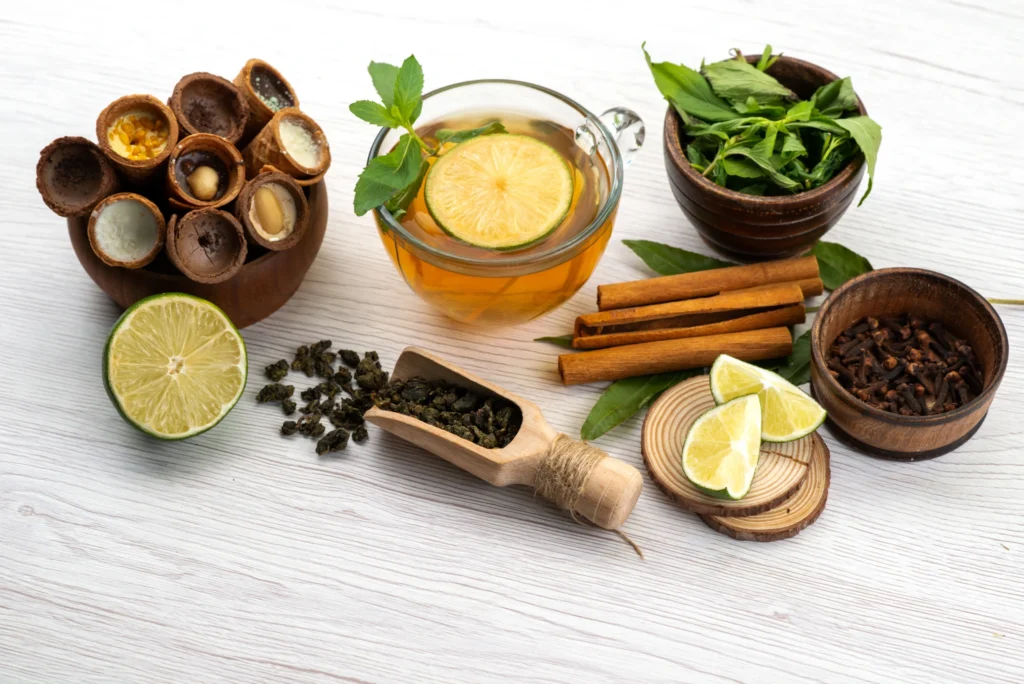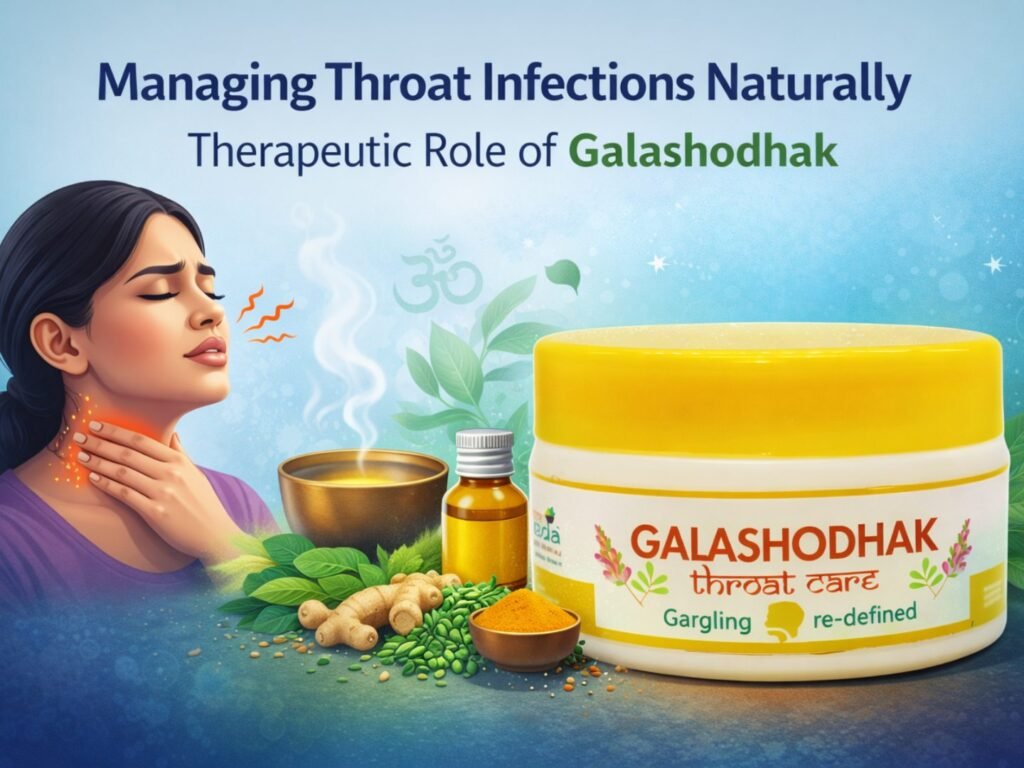The monsoon season increases health risks due to humidity and pathogen growth. Incorporating Ayurvedic herbs like Ashwagandha and Tulsi can enhance immunity. Dietary adjustments, such as consuming seasonal fruits and foods rich in probiotics, support overall health. Regular yoga, hydration with herbal teas, and sufficient sleep boost resilience during this time. By adopting these practices, one can maintain wellness through the monsoon. More insights on effective strategies can be found ahead. For holistic seasonal care, visiting an ayurvedic clinic in Bangalore can be a great starting point.
Understanding the Impact of Monsoon on Health
As the monsoon season arrives, it brings a mix of relief and challenges to health. The increased humidity and fluctuating temperatures create an environment conducive to the proliferation of pathogens. Respiratory issues, waterborne diseases, and digestive disturbances often surge during this period, impacting overall health and wellness. Individuals may experience weakened immunity, making it essential to adapt health practices to this season. Innovative approaches, such as integrating Ayurveda, can effectively counter these seasonal strains. By understanding the unique demands of the monsoon, individuals can proactively implement strategies that align with their biological rhythms, promoting resilience and liveliness. Emphasizing preventive measures, including dietary adjustments and lifestyle modifications, can empower individuals to navigate the monsoon with improved health and enhanced immunity.
Key Ayurvedic Herbs for Immunity Boosting
Immunity plays an important role in maintaining health, particularly during the monsoon season when the body faces increased challenges. Ayurvedic traditions emphasize several key herbs renowned for their immunity-boosting properties. Ashwagandha, often termed the “strength of the stallion,” helps combat stress and enhances vitality. Tulsi, or holy basil, is celebrated for its adaptogenic qualities, promoting resilience against infections. Furthermore, Guduchi, known as Amrut, serves to purify the blood and strengthen the immune response. Turmeric, with its active compound curcumin, possesses potent anti-inflammatory and antioxidant effects, supporting overall wellness. Integrating these herbs into daily routines can foster a robust immune system, equipping the body to navigate the monsoon’s health challenges effectively and innovatively.
Dietary Tips for a Stronger Immune System
A well-balanced diet serves as a cornerstone for enhancing the immune system, particularly during seasonal shifts. Incorporating seasonal fruits and vegetables, rich in vitamins and antioxidants, can fortify the body’s defenses. Foods such as turmeric, ginger, and garlic, recognized in Ayurveda for their anti-inflammatory properties, are often recommended in Kerala Ayurveda in Bangalore to help manage seasonal sensitivity. Fermented foods like yogurt and kimchi help bolster gut health, a key component of immunity. Additionally, healthy fats from sources like avocados and nuts provide essential nutrients that support cell function. Staying hydrated with herbal teas not only aids digestion but also promotes detoxification. By embracing these innovative dietary choices, individuals can create a robust nutritional foundation, essential for thriving during the monsoon season.
Lifestyle Practices to Enhance Well-Being During Monsoon
Embracing a holistic approach to health during the monsoon season involves adopting lifestyle practices that promote overall well-being. Individuals can enhance their resilience by incorporating daily yoga and meditation, which cultivate mental clarity and physical strength. Regular exposure to natural sunlight, whenever possible, aids in vitamin D synthesis, essential for immune function. Furthermore, herbal baths infused with Ayurvedic ingredients are a valued part of care at many Ayurvedic hospitals in Bangalore, supporting freshness and skin balance in humid weather. Staying hydrated with herbal teas and warm water supports digestive balance and detoxification. Additionally, ensuring adequate sleep fosters recovery and rejuvenation. By integrating these innovative practices into their routines, individuals can effectively navigate the challenges of the rainy season and bolster their immunity, ultimately fostering a healthier, more vibrant lifestyle.
Frequently Asked Questions
1. Can Children Use Ayurvedic Remedies for Immunity During Monsoon?
The question of whether children can utilize Ayurvedic remedies for immunity during the monsoon season invites exploration into traditional practices. Ayurveda offers a range of natural solutions aimed at enhancing the immune system. These remedies, often derived from herbs and natural ingredients, may provide support for children’s health. However, it is essential for parents to consult with a qualified practitioner to guarantee safety and effectiveness, particularly as children’s needs can vary considerably.
2. Are There Any Side Effects of Ayurvedic Herbs?
The inquiry into the side effects of Ayurvedic herbs reveals a nuanced landscape. While many consider these herbs beneficial, they may cause adverse reactions in some individuals. Potential side effects can include allergic reactions, gastrointestinal discomfort, or interactions with conventional medications. It is essential for users to consult healthcare professionals before initiating any herbal regimen, ensuring a balanced approach that harmonizes traditional practices with modern medical insights for maximum safety and efficacy.
3. How Long Does It Take to See Immunity Improvements?
The time frame for noticeable improvements in immunity can vary considerably among individuals. Typically, one might expect to see changes within a few weeks to a couple of months, depending on factors such as lifestyle, diet, and specific health conditions. Consistent application of holistic practices, including dietary adjustments and herbal supplements, can accelerate this process. Ultimately, patience and a tailored approach are essential for achieving ideal immune support and resilience.
4. What Are the Best Ayurvedic Teas for Monsoon Health?
When considering the best Ayurvedic teas for health during the monsoon season, several options stand out. Ginger tea is renowned for its warming properties and ability to combat colds. Tulsi tea offers immune support and stress relief, while turmeric tea is praised for its anti-inflammatory benefits. Additionally, chamomile tea can promote relaxation and digestive health, making these blends a holistic approach to maintaining wellness during the damp and often unpredictable monsoon months.
5. Can I Combine Ayurvedic Tips With Conventional Medicine?
The integration of Ayurvedic tips with conventional medicine offers a holistic approach to health. By combining natural remedies with pharmacological treatments, individuals can enhance their overall well-being. This synergy may improve treatment outcomes and boost the immune system. However, it is essential for individuals to consult healthcare professionals before merging practices to guarantee safety and efficacy. Embracing both modalities can lead to innovative health solutions tailored to individual needs.












